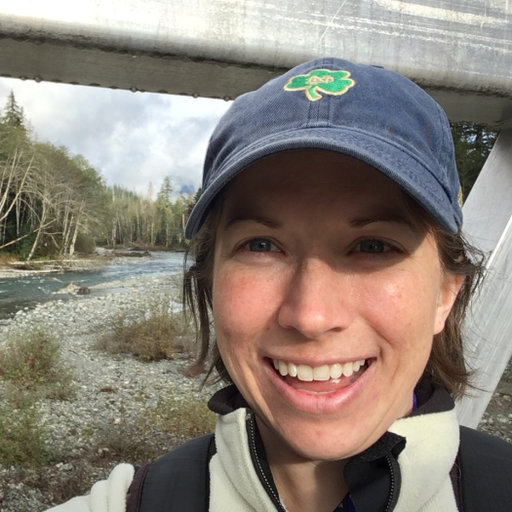Jillian M. Deines
FSE - Standford University
Conservation agriculture aims to restore and maintain soil health for long-term crop productivity. Near-term yield impacts and profitability, however, are key factors for farmer adoption. Numerous localized field trials have examined the yield impacts of conservation agriculture, and their results are mixed. Ultimately, a paucity of real-world conditions across biophysical gradients limits insights meaningful for practitioners.
Satellite remote sensing provide a complementary approach able to assess production-scale impacts across regional scales at low costs. Here, we use recent Landsat-derived estimates of tillage practices, cover cropping, and crop yields to examine yield impacts for maize and soybeans in the United States Corn Belt. To draw robust causal inferences about management interventions from these observational datasets, we use an emerging machine learning approach called causal forests. On average, we find that long-term conversation tillage leads to small and positive yield improvements, while cover cropping leads to small yield reductions. We also find heterogeneity in these effects, and we identify soil and weather characteristics that mediate the direction and magnitude of yield responses.



